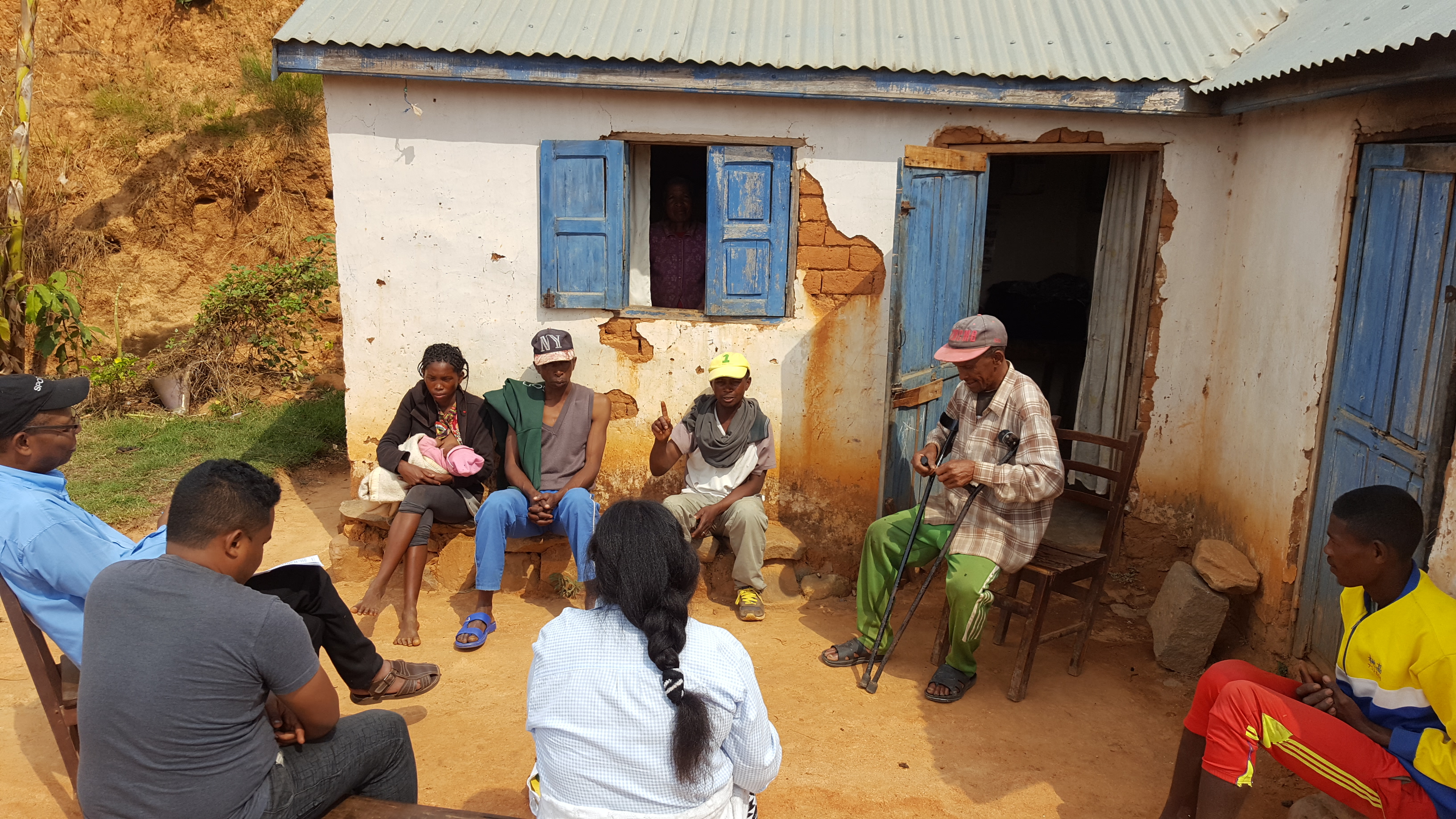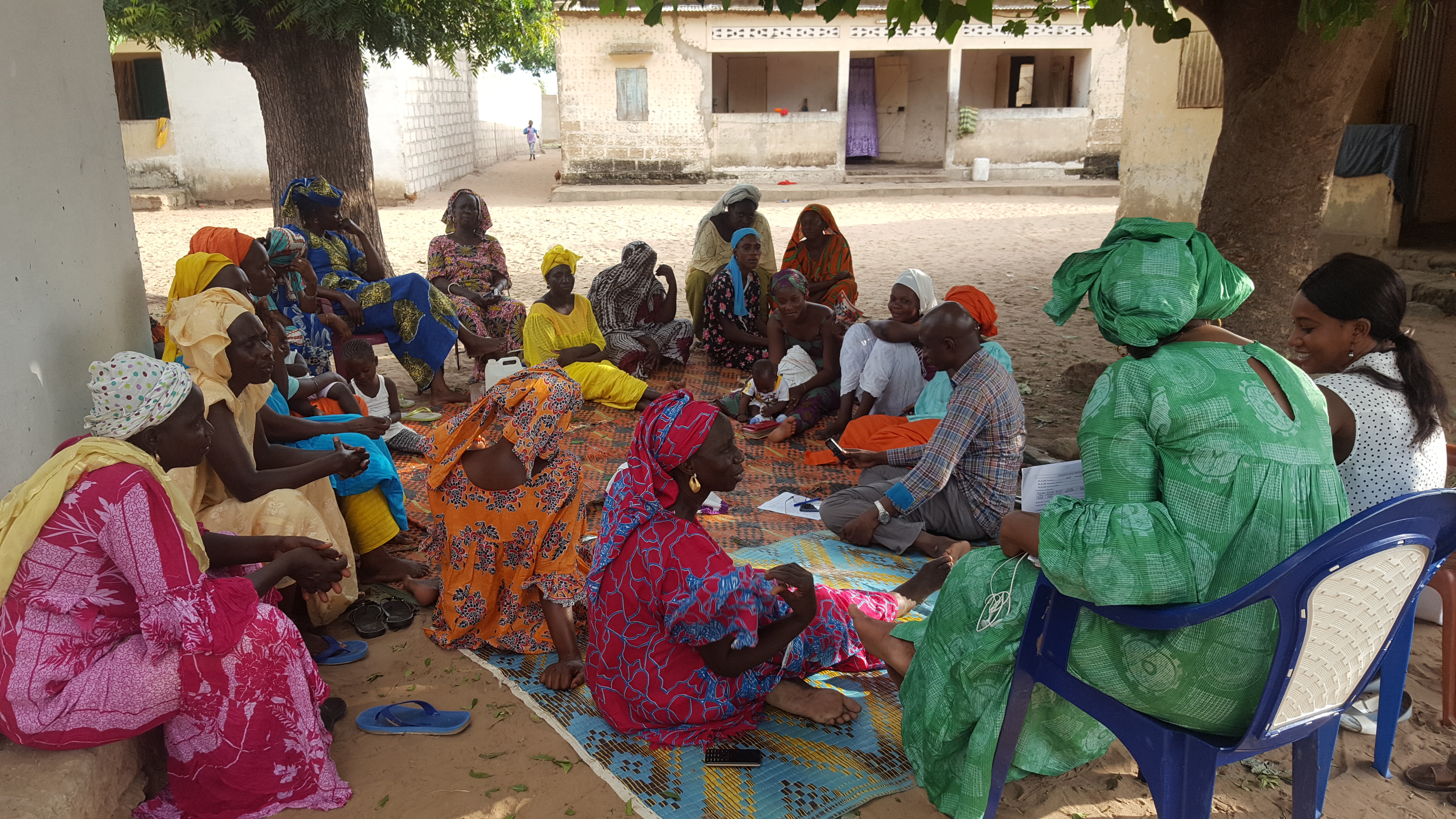Fastenopfer procured the services of IDS to design, plan and conduct a rigorous mixed-methods impact evaluation of Solidarity Group approaches in its country programmes in Madagascar and Senegal (2018-19). The evaluation was led by Phil Mader.
Solidarity Groups (SGs) are community-organised groups that organise extremely vulnerable or marginal people into groups with the aim of generating positively transformative results on economic, political, social and cultural dimensions. At their core is mutual assistance, which the members provide to each other, and the recognition of common interests. The financial activities undertaken in this context (savings and access to small loans) are assumed to play a significant role in achieving the outcomes.
The role of this project was to evaluate the impact of SGs in Madagascar and Senegal in a number of discreet outcome areas. A randomised survey of more 500+ households was undertaken, comparing representative samples of the village population and solidarity group members, to enumerate Contribution Scores as a proxy measure of impact. The evaluation also drew on rich data from focus group discussions and key informant interviews.
Findings:
- SG programmes have key impacts on measures of household finances, wellbeing and community-building. They effectively reach and include the poor and very poor.
- SGs offer their members a meaningful safety net and can act as catalyst of collective processes to create change.
- SGs have a large impact on members’ access to loans at fair (non-exploitative) terms for when they need to cover basic needs and handle emergencies.
- They also have large impacts on savings access, where saving with the group is a key feature; however, some SGs use different fundraising mechanisms.
- There are pronounced but more moderate effects on members’ belief in ability to tackle socio-economic problems and act collectively, even if the ability of SGs to shape local politics is often limited by structural barriers in practice. Impacts on sustainable agriculture and gender empowerment are mixed.
- SG programmes pursue a strategy of “autonomising” groups by building SG networks, which is successful in some but not in all cases.
- The SG programmes that Fastenopfer supports in two countries could strengthen processes of learning from one another.

Community and Solidarity Group photos. Photos taken by and copyright of Phil Mader.

Community and Solidarity Group photos. Photos taken by and copyright of Phil Mader.
